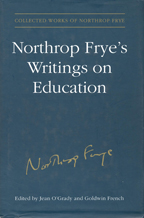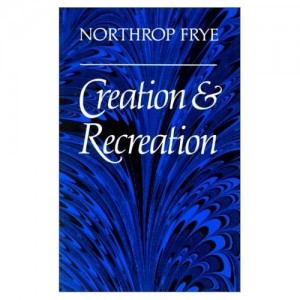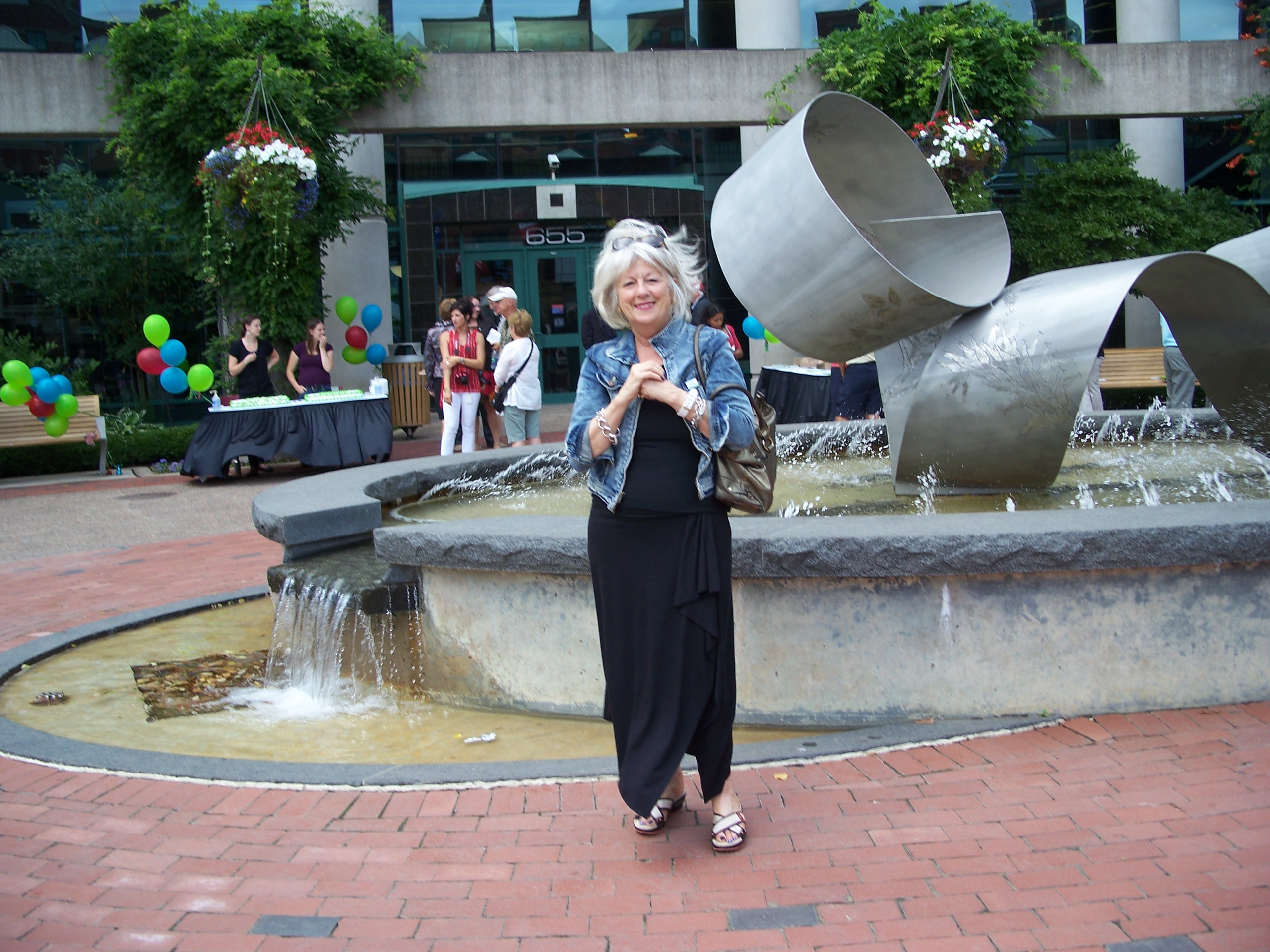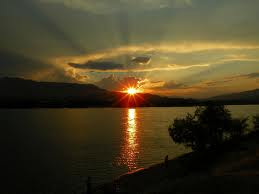I am on vacation until after Labour Day. Until then . . .
Monthly Archives: August 2012
Woe to Poe: Inescapable Bloom
[Vincent Price as Prince Pospero in The Masque of the Red Death]
I thought I would post the following as a warm-up for the Frye centenary conference at the University of Toronto in October. This is the introductory part of the paper I am planning to give on Frye and Poe, and will doubtless end up in the trash bin, since this portion of the paper is largely a polemic directed at the unctuous Harold Bloom and a piece he wrote on Poe years ago now in The New York Review of Books. Bloom does not shoulder the responsibilities of the critic with much care. His review of a new edition of Poe’s collected works was essentially an act of literary assassination.
I hope to follow with the remaining parts of this draft of the paper in the next week or two. . .
It might surprise readers not entirely conversant with Frye’s writings that he should make such an important place in his writings for the work of Edgar Allan Poe. Surprising because critical responses to Poe’s work have been, as Frye notes, remarkably “schizophrenic” from the beginning. “There have been no lack of people,” as he puts it, “to say that Poe is fit only for immature minds; yet Poe was the major influence on one of the subtlest schools of poetry that literature has ever seen.” (CW 18:37) Part of this plentiful group of nay-sayers is Harold Bloom, self-appointed defender of the canon. Almost thirty years ago Bloom joined his voice to the chorus of Poe skeptics in a review of the two-volume Library of Congress edition of his works which appeared in the New York Review of Books in 1984. Entitled “Inescapable Poe,” it is an astonishing piece of criticism, consisting of little more than one glib dismissive after another, all to the effect that if Poe is a figure in the canon of literature and criticism it is only for the most spurious reasons, and not, most certainly not the fault of Harold Bloom. Poe, he says, “cannot survive authentic criticism,” by which, one suspects, Bloom means his own, authentic or not. Whatever valuable lessons Frye’s polemical introduction to Anatomy of Criticism had to offer, Bloom ignores them all. Instead of working to expand the diverse contexts informing our understanding of literature, to expand our woefully limited mental and spiritual horizons, Bloom chooses to base his judgment entirely on his taste, or rather distaste, and makes no effort to illuminate the admittedly often difficult and challenging, but ultimately fascinating symbolic framework of Poe’s writing.
Evaluation, in Bloom’s hands, is an exact science. Rating Poe as an American poet of the 19th century–after first exempting Whitman and Dickinson from adjudication (they are not to be sullied by comparison)–he lists a dozen poets in their exact (Bloomian) order of importance. Poe fights for twelfth place with Sidney Lanier, both coming behind the alliterative and inglorious duo of Tuckerman and Timrod. Poe may be a very uneven poet, but on vision and originality alone he should get the highest marks. Like Blake, he is a visionary writer whose individual poems must be read as parts of a larger interpenetrating and intelligible whole, a whole whose imaginative consistency is evident from Poe’s earliest writings, and whose symbolic undercurrents inform all of his later writings. No effort is made by Bloom to clarify this context. Instead, he short-circuits any understanding by preemptively pronouncing judgment.
As for the tales, surely one of Poe’s acknowledged strengths, Bloom deems them no better than Roger Corman’s lurid and campy film versions, an intellectually dishonest judgment, to say the least, since they are little more than travesties, the tales only serving as the barest of pretexts. Poe’s prose style Bloom particularly singles out as unfit for human consumption, adducing as an example the melodramatic opening passage of “Ligeia.” It seems not to have occurred to Bloom that the first-person narrator’s portentous style might be consciously designed to fit the tale, as a number of very perceptive critics have pointed out.
To be fair, Bloom does check off one box: Poe’s affinity for a certain type of mythic story-telling. But he immediately crosses it out by referring to the “dreadful universalism pervading Poe’s weird tales.” He confesses, in fact, that he was haunted and traumatized by them as a little boy–a hypersensitive little boy, to be sure. Poe’s “reductive” and “bizarre myths,” he assures us, would be much better handled by more stylistically gifted writers.
He then, perhaps most astonishingly, speaks contemptuously of Poe’s critical writings, including “The Poetic Principle” and “The Philosophy of Composition,” as completely unoriginal and contributing nothing to the history of criticism. Near the end of his review, Bloom invidiously compares Poe’s intellectual powers to those of Emerson, a writer whose influence on the literature and criticism of the last two centuries is almost imperceptible by comparison.
It is as if Bloom is somehow personally offended by the existence of Edgar Allan Poe, or at least of any claim he might have to literary stature and influence. It is hard to treat Bloom’s sneering as a good example of the “authentic criticism” he claims Poe cannot survive. Everything has its place, but Bloom is not content and must pillory Poe and deny him any legitimate place in the literary universe, without making the least effort to ascertain what that place might be. The fact that Poe is “inescapable,” as the great evaluator snidely puts it–that he continues to be read and to be popular, and to fascinate and engross even the most sophisticated literary critics and theorists–he can only explain by the ineradicable existence of poor judgment, even among the highly educated. There is, it appears, no accounting for bad taste.
What a different view of Poe we find in Frye’s writings, and how bracing and liberating it is. Jean O’Grady’s invaluable index to the Collected Works shows clearly Frye’s extensive interest in the great American writer. Frye does in fact refer to him just that way. In his essay on Thomas Beddoes in Studies in Romanticism, he compares the romantic English writer’s interest in death and the grotesque to that of “his great American contemporary, Edgar Allan Poe.” In the Late Notebooks he goes so far as to say that
[t]he greatest literary genius this side of Blake is Edgar Allan Poe—that’s why he’s regarded as fit only for adolescents, or French poets who don’t really know English. I don’t apply this to the poetry, but there’s no prose tale, however silly, that doesn’t hit an archetype in the bullseye. . . . (CW 5:165)
Poe features perhaps most significantly in Anatomy of Criticism, where he is summoned at several key moments to illustrate various aspects of the structural poetics that Frye sets out in detail in that work. He is first invoked in the very good company of Bunyan, Richardson, and Dickens, not to mention Shakespeare and the Bible, as an example of the particular association of archetypes and myths prevalent in “fairy tales and folk tales” with“primitive and popular literature”–literature, that is, as Frye defines these terms, “which affords an unobstructed view of archetypes.” . . .
(To be cont’d . . .)
Frye Alert: Frye on Education
New Translation into Japanese
Bob Denham has sent me the following news:
Shunichi Takayanagi’s translation into Japanese of Frye’s Creation and Recreation has just appeared (Tokyo: Shinkyo Shuppansha, 2012). Takayanagi previously translated Myth and Metaphor (2004).
The same publisher has just released a translation of The Double Vision.
The total number of Frye’s books now translated into Japanese is seventeen.
Also courtesy of Bob, three other Frye alerts: here Bob engages in discussion with a blogger and writer who has some preliminary thoughts after reading Anatomy of Criticism.
Here in The Toronto Star the poet Don Coles pays homage to our oracle, “the greatest oracle of our age,” as Martin Knelman calls him. Coles’ piece is a response to Knelman’s column in the same paper, which you can find here.
Barbara Kay in The National Post on the power of myths in shaping history, here.
Why Moncton? Or Culture As Interpenetration
[Paulette Theriault, founder of the Frye Festival]
Frye’s 100th birthday, on July 14, came and went without too much fuss anywhere, except here at the Frye Blog and in Moncton, where a statue of Frye, in brilliant bronze, was unveiled in front of the public library, Bob Denham’s donation of Frye books and related items (valued at over $40,000) was announced and showcased, and there were speeches followed by a barbecue and a birthday cake. Oh, the CBC rebroadcast the Cayley conversation, the Toronto Star featured a laudatory article, and The Globe and Mail printed a dismissive, ill-informed article by Bruce Meyers. Otherwise, not much. Throughout the year there have been and will be conferences and celebrations, but on the actual birthday, Moncton may have been the only place in Canada, the only place on the planet, to go out of its way. (I stand to be corrected.) So, the question is, Why Moncton?
In the early years of the Frye Festival, about 10 years ago, I remember Alvin Lee asking the same question, Why Moncton? Why is there a festival in Moncton and not in Toronto, where Frye lived, taught, and did his great work? Moncton seems (or seemed) an unlikely place to do justice to Frye. He lived here fewer than 10 years, graduated from high school in 1928 (at 16 years of age), left as soon as he could, and only came back a few times during the 1930s, to visit his parents. When his mother died in 1940, he returned to Moncton to see her one final time. As far as I know he did not return until fifty years later, in November, 1990, two months before his death, at the invitation of the Université de Moncton. Part of the answer is that Moncton is where Frye grew up and for that reason holds an importance in his life proportionally greater than the number of years he lived here. John Ayre, in his 1988 biography, paints a fairly detailed picture of Frye’s years in Moncton, which he calls “Moncton Exile” – a term that applies more to Frye’s mother than to Frye himself, though he admits he picked up some of the feeling from his mother. In 2003 Bob Denham gave a talk at the festival called “Moncton, Did You Know? Northrop Frye’s Early Years” in which he makes it clear that
[a]lthough Moncton was a place that Frye wanted to escape from, as with most things in life, there is always an “on the other hand,” and Frye’s experience there during a formative decade – from about 1920 to the time he went off to college in 1929 – was in many ways crucial to what “grew” him, in George Johnston’s phrase.
Bob makes use of newly discovered Frye material to show that “Frye’s experience in this place during his early years did bring into focus a number of key features in his imaginative and critical life.” I’ll mention just three of the points that Bob makes. (For the complete text of his remarks, search the title, Moncton, Did You Know?, on the blog website, or purchase of copy of “Verticals of Frye,” a collection of Frye festival talks I edited in 2005.) In one of his notebooks from the 1960s Frye says “that I cannot really get at the centre of a problem unless something in it goes back to childhood impressions.” And he reports that some of his “most vivid dream settings have been on Moncton streets. Streets are, of course, a labyrinth symbol, full of Eros: they recapture not past reality but my reality, reality for me.” His experience of Moncton, then, continued to give shape to his interior life for decades. Continue reading
We Grieve
The Northrop Frye weblog along with the wider Frye community extends its heartfelt sympathy to Péter Pásztor, his wife Emese, and daughter Zsófi on the tragic death of the Pásztors’ son Domokos in a recent automobile accident. Péter is the translator into Hungarian of The Great Code and Words with Power and the author of several articles on Frye, including “Reading Frye in Hungary: The Frustrations and Hopes of a Frye Translator,” in Boyd and Salusinszky, ed., Re-reading Frye, 122–39. Should you want to extend condolences to the Pásztors, their email address is:
pasztorp@hu.inter.net<mailto:pasztorp@hu.inter.net>
“Death is not the opposite of life: it is the opposite of birth.” ––Frye, CW 13: 141





